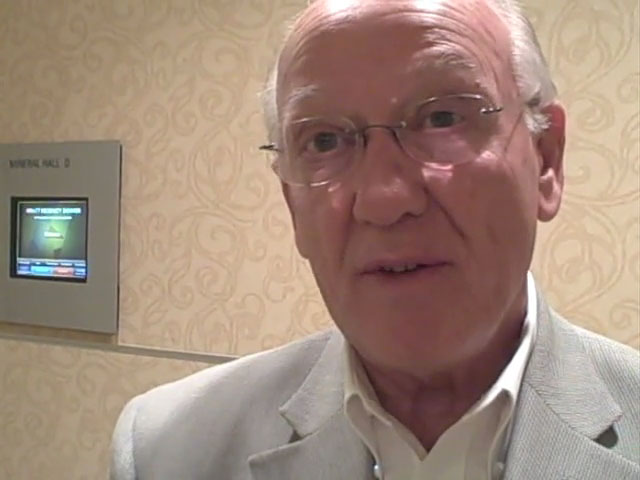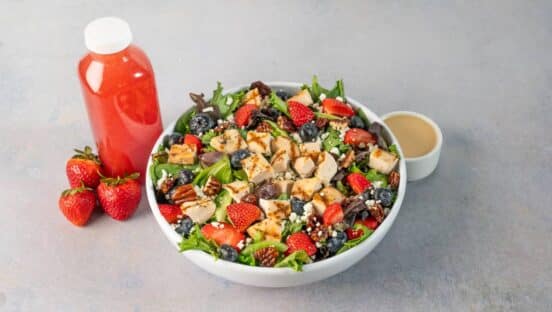The white jumpsuit and plastic boots I'm wearing might imply that I'm heading into a Roswell, New Mexico, facility rather than a barn full of hens on an egg farm just north of Denver, Colorado. The protective covering I've donned before heading into the barn isn't for my sake, of course, it's for the protection of the birds.
But Morning Fresh Farms in Platteville, Colorado, might have more to fear than just disease that can be carried in by humans. The farm now has the Humane Society of the United States (HSUS) to fear.
The HSUS is pushing to reform the egg industry in favor of animal welfare and is encouraging legislation across the country that requires all hens to be free of battery cages. The organization already claimed victory in California, where November's passing of Proposition 2 requires all farms to allow hens the ability to lie down, stand up, and fully extend their wings without touching another bird or the cage by 2015.
However, according to the United Egg Producers, the switch to a cage-free standard could cripple the industry, and in turn affect the entire U.S. agriculture industry.
"Everybody wants to go back to cage free," says Gene Gregory, president of the United Egg Producers, referring to the days before the 1960s when all hens were cage free. "But the market won't buy enough to support it."
A study conducted by Promar International suggests the switch to a cage-free egg standard could significantly raise the price of eggs in the U.S. due to facility adjustments and higher production costs. The study, to be released October 6, examined the potential affect of Proposition 2 in California and translated it to the entire country.
"We came to the conclusion that passage of [Proposition 2] would virtually eliminate egg production in California," says Tom Earley, executive vice president of Promar International.
The foodservice industry accounts for about 9 percent of U.S. egg consumption, according to Promar International. The HSUS has already pressured quick-serve chains such as Wendy's, Burger King, and Quiznos to switch to partial use of cage-free eggs, and has recently issued statements against IHOP's use of caged eggs.
At Morning Fresh Farms, where 150,000 of the 1.25 million chickens are cage free and live in special aviary systems that were designed in Germany, production of both caged and cage-free eggs continues normally. The decision of which egg is right, says farm president Derek Yancey, does not lie with the farm.
"We wanted the consumers to have the choice of what they want," he says.











